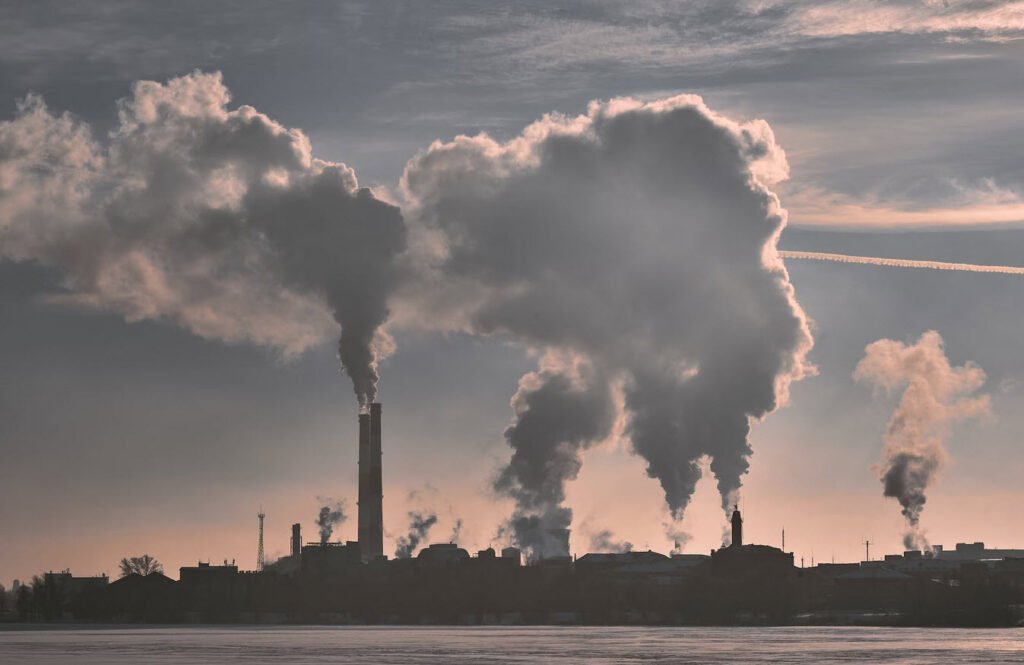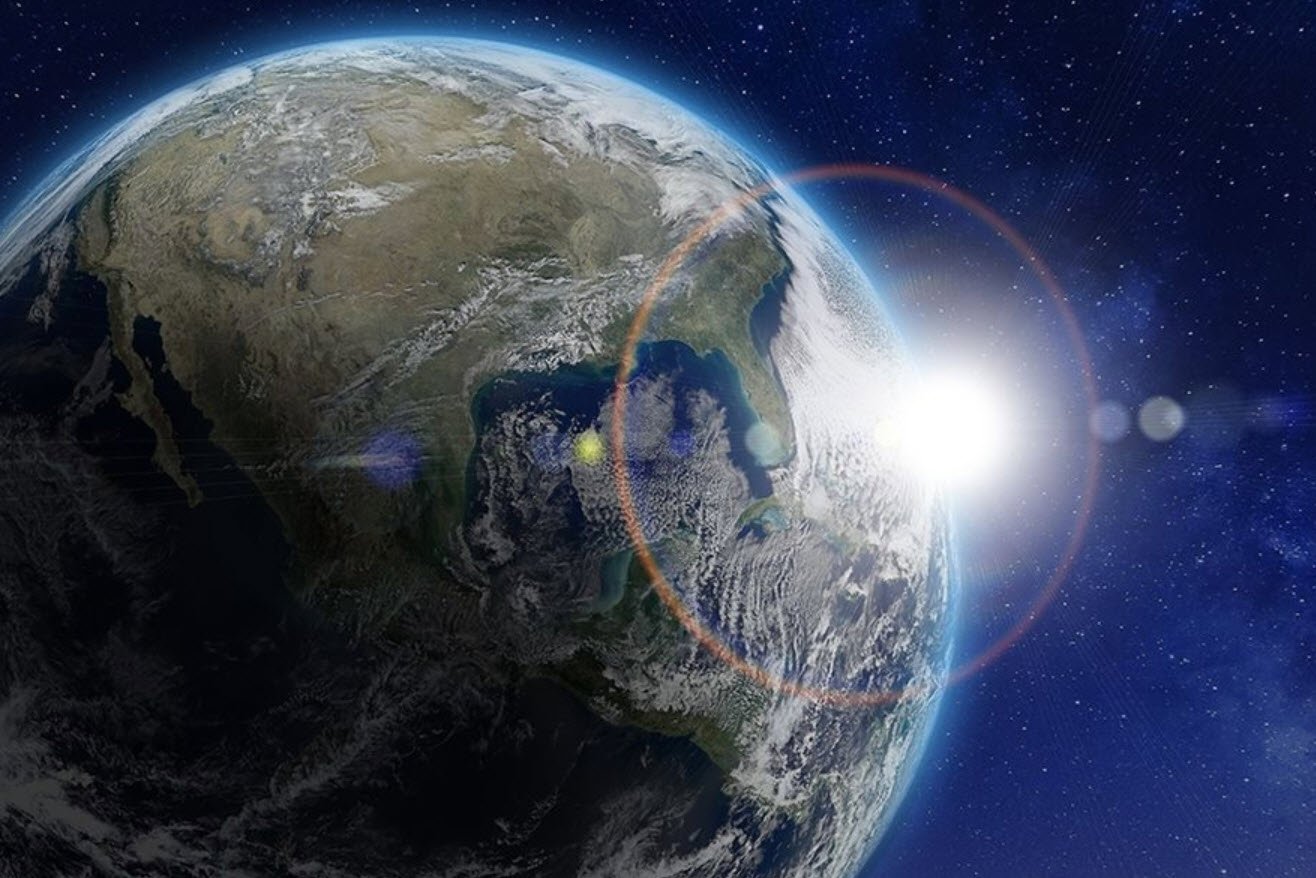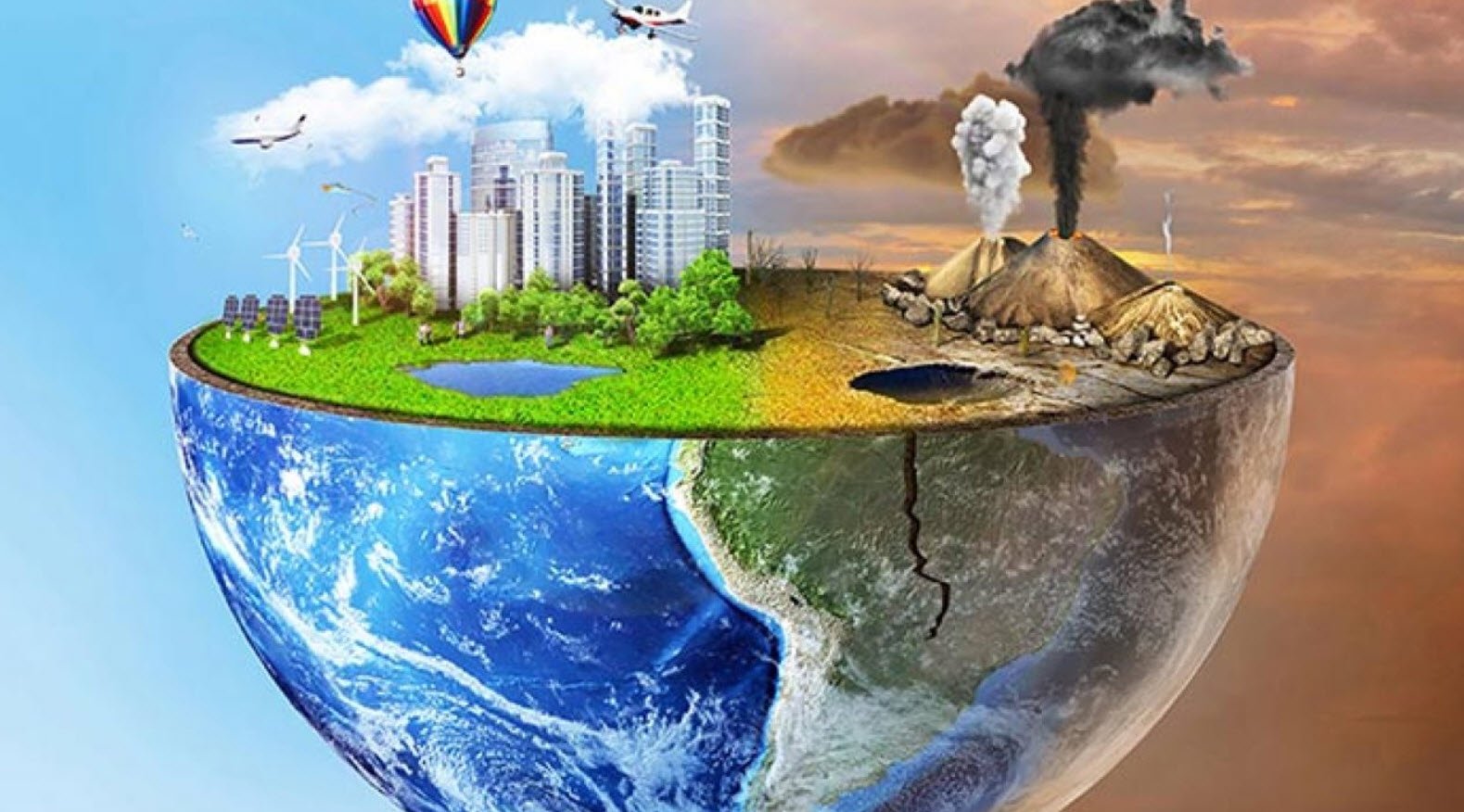
Pollution is a growing global concern that poses a serious threat to our planet’s health and well-being. It encompasses various types of environmental contaminants, including air, water, soil, and noise pollution. The principal causes of pollution are multifaceted and often interconnected, with both human and natural factors playing a significant role in exacerbating the problem.
This article explores the primary causes of pollution, with a focus on population explosion, rapid urbanization, rapid industrialization, deforestation, and the influence of natural disasters.
1. Population Explosion
The world’s population has been steadily increasing over the years, and it is one of the foremost contributors to pollution. As more people inhabit the Earth, there is a greater demand for resources, energy, and goods. This results in increased pollution levels from activities such as transportation, agriculture, and energy production.
The need for more land, food, and housing leads to deforestation, resource depletion, and increased emissions of greenhouse gases.
2. Rapid Urbanization
The rapid growth of cities and urban areas is another significant cause of pollution. Urbanization often leads to an increased concentration of industrial and residential activities, which generate pollution through vehicle emissions, industrial processes, and the disposal of waste.
In many urban areas, air pollution from traffic congestion and industrial emissions poses a severe health risk to residents. Additionally, improper waste management in cities can lead to water and soil pollution.
3. Rapid Industrialization
Industrialization is a driving force behind economic growth and development, but it also contributes to pollution. The expansion of industries leads to higher levels of air and water pollution due to emissions, discharges, and waste generation.
Many industrial processes release harmful chemicals and pollutants into the environment, which can have detrimental effects on human health and ecosystems. Effective regulations and sustainable practices are essential to mitigate industrial pollution.
4. Deforestation
Deforestation, the large-scale removal of forests, is a major environmental issue that contributes to pollution in various ways. Forests play a crucial role in absorbing carbon dioxide and releasing oxygen, helping to regulate the Earth’s climate.
When forests are cut down or burned, carbon stored in trees is released into the atmosphere, increasing greenhouse gas levels and contributing to global warming. Deforestation also leads to soil erosion, loss of biodiversity, and disrupted ecosystems.
5. Natural Disasters
While not directly caused by human activities, natural disasters such as wildfires, volcanic eruptions, and earthquakes can exacerbate pollution. Wildfires release large amounts of smoke and particulate matter into the atmosphere, resulting in air pollution and health concerns.
Volcanic eruptions emit sulfur dioxide and other pollutants, affecting air quality on a regional scale. Earthquakes can damage industrial facilities, leading to hazardous chemical spills and water pollution.
Conclusion
Pollution is a complex issue with various causes and consequences. Human activities, such as population explosion, rapid urbanization, and industrialization, are major contributors to pollution, affecting air, water, and soil quality. Deforestation further compounds the problem by disrupting natural ecosystems and releasing stored carbon into the atmosphere.
Moreover, natural disasters can exacerbate pollution, adding to the challenges faced in mitigating its impacts.
Addressing pollution requires a combination of individual and collective efforts, including implementing sustainable practices, adopting cleaner technologies, and promoting environmental awareness.
Governments, industries, and individuals must work together to reduce pollution and safeguard the health of our planet for future generations. Recognizing the principal causes of pollution is the first step toward finding effective solutions to this global challenge.
You may also like:- Exploring the Enigmas of Science – Unraveling Celestial Mysteries and Physical Conundrums
- Semiconductor Related Terms – A Beginner’s Guide
- Major Trenches and Ridges Around the World
- [The Planets] Mercury to Neptune – Some Known Facts
- Unraveling Earth’s Mysteries – A Journey through Intriguing Questions
- Thermal Pollution – Causes, Effects, and Solutions
- What is Noise Pollution?
- Why Are Bacteria and Microbes Afraid of UV Light?
- Soil Pollution – Causes, Effects, and Solutions
- Did You Know Elephants Don’t Get Cancer?







